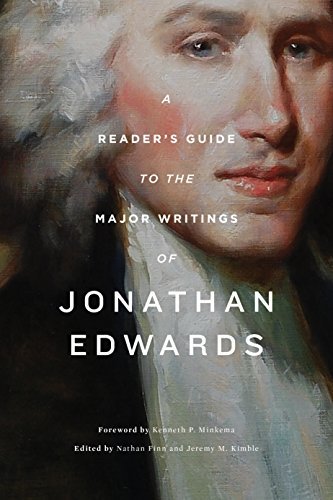What do you think?
Rate this book


242 pages, Kindle Edition
Published November 15, 2017
Reading Jonathan Edwards doesn’t send you out into some foreign and bizarre spiritual experience. You come home. Your humanity is restored. (Ortlund, 25)
You must be born again to read and profit spiritually from Jonathan Edwards. You must understand that he was a pastor first. You should have a general knowledge of his doctrinal framework. And you should be aware of his historical context. Beyond these things, here is the key to reading Jonathan Edwards: read him. Open up one of his books and read one sentence, then another, then another. Just read him. (Ortlund, 37)
Jonathan Edwards experienced spiritual ups and downs—just like we do. He struggled with doubts and spiritual frustrations—just like we do. He had disagreements with his loved ones and sometimes regretted vocational decisions—just like we do. And he grew in his faith and was able to look back and see God’s grace in all these experiences—just like we do (or will!). (Finn, 59)